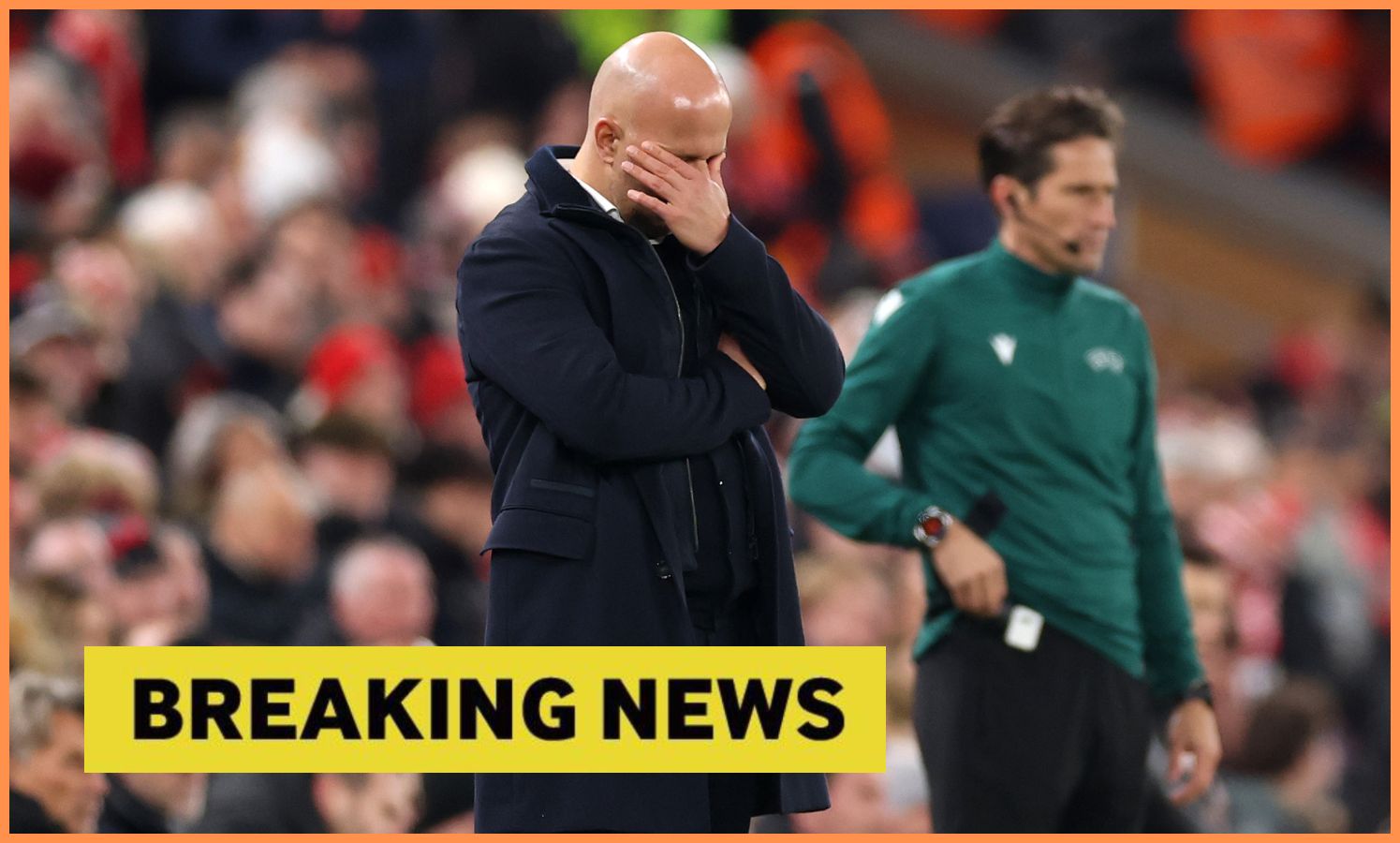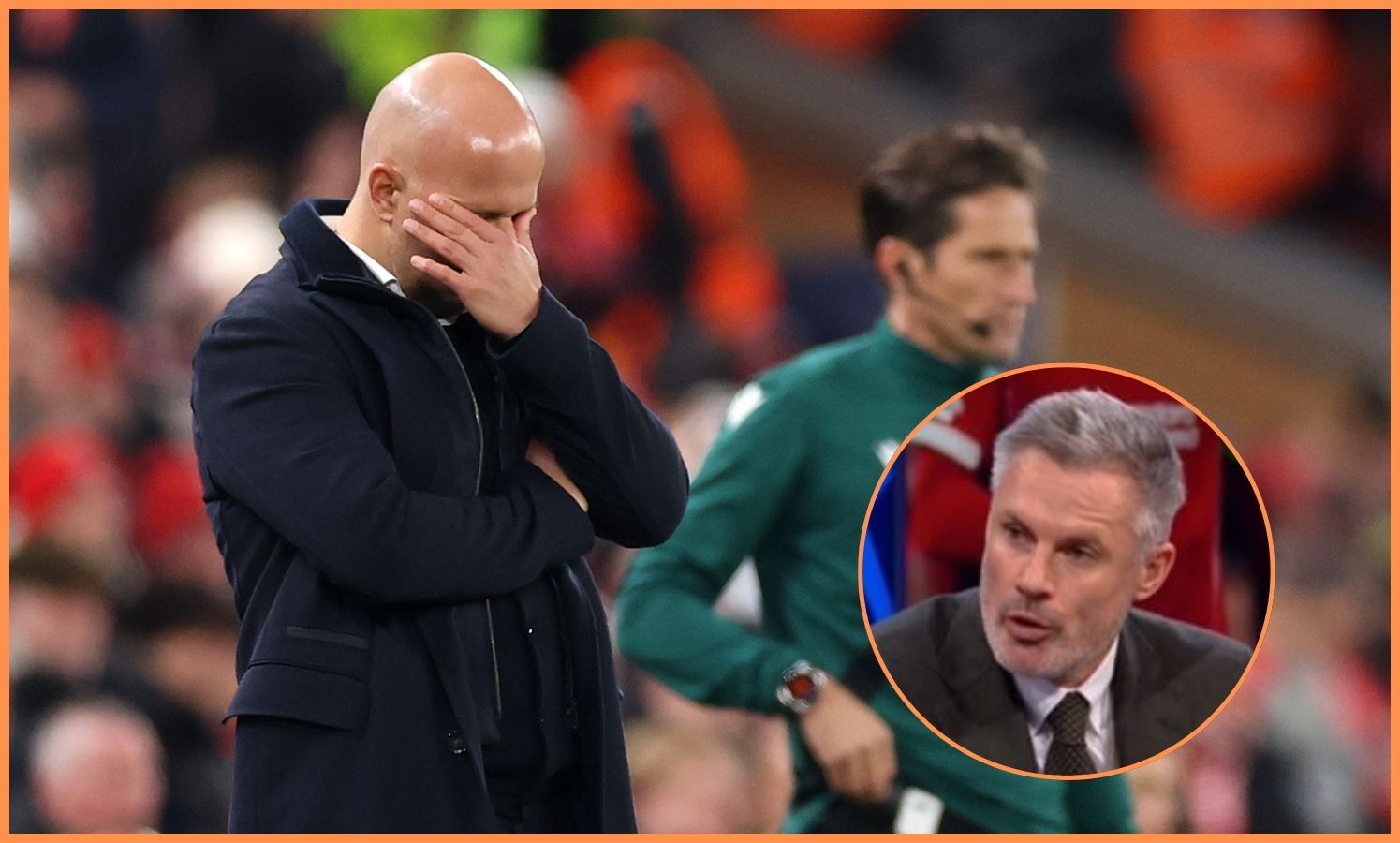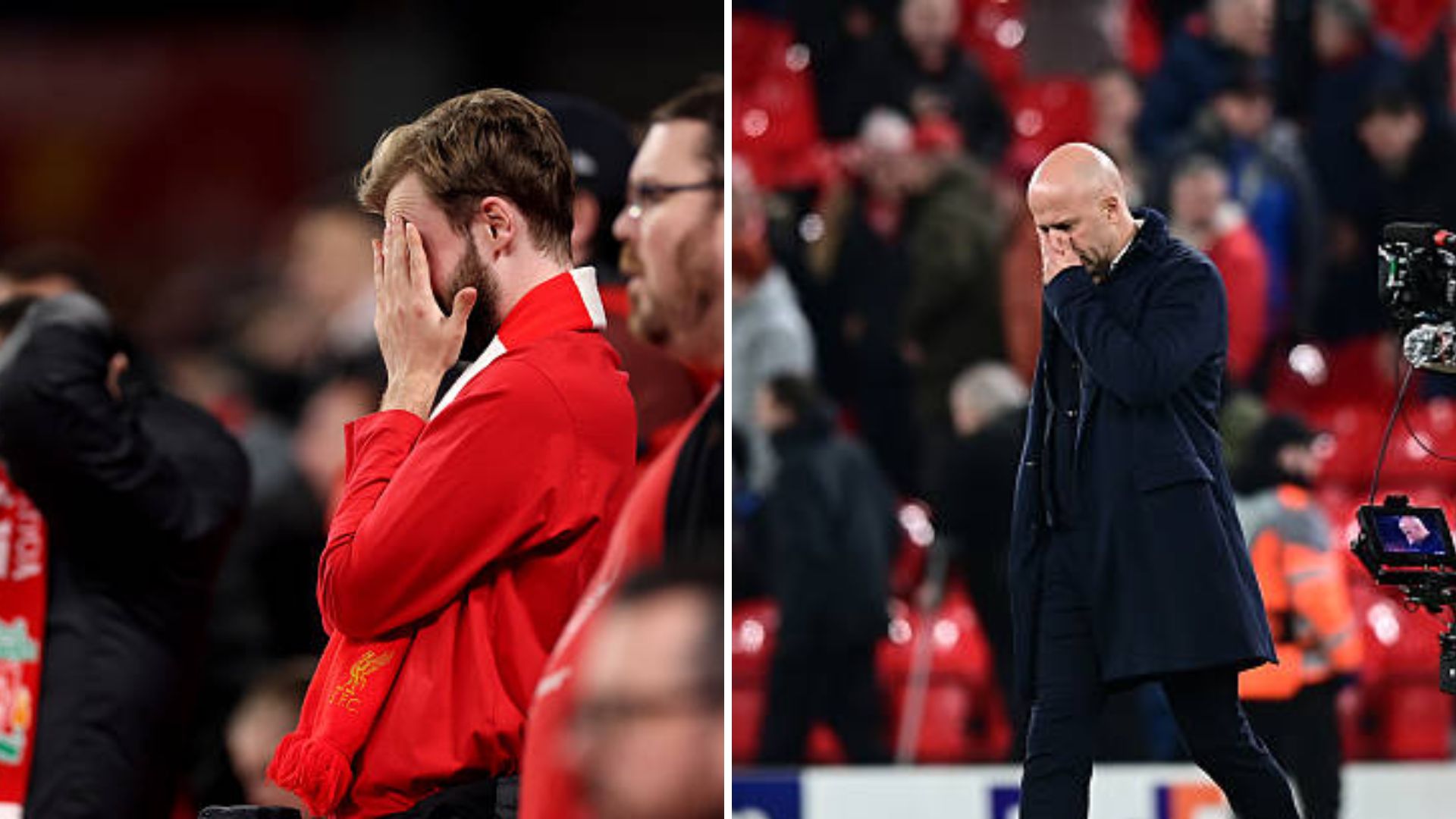The silence at Anfield was deafening, a stark contrast to the usual roar of the Kop. Liverpool had just suffered a brutal 4-1 defeat against PSV, a performance Curtis Jones could only describe with a chilling lack of words.
The unraveling began early, a needless penalty conceded by Virgil van Dijk within the first five minutes. Ivan Perisic calmly converted, silencing the home crowd and exposing a vulnerability that would plague the entire match.
A flicker of hope ignited when Dominik Szoboszlai unleashed a powerful equalizer, a moment that briefly suggested a Liverpool response. But the resurgence proved illusory, a deceptive calm before another storm of errors.
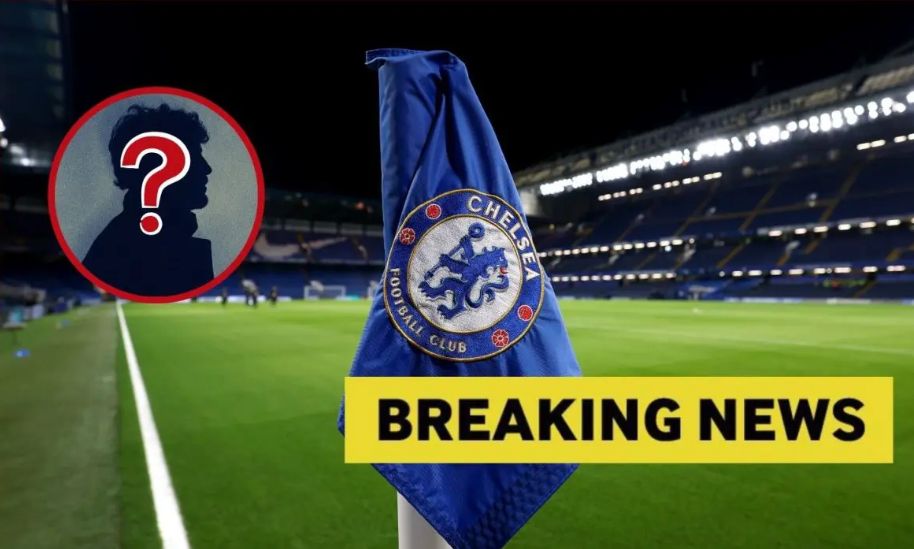
The second half descended into a nightmare. Guus Til restored PSV’s lead, and the floodgates opened. A costly mistake by Ibrahima Konate led to a third goal, and Couhaib Driouech’s second in stoppage time sealed Liverpool’s fate.
Jones, thrust into the post-match interview, didn’t offer platitudes or excuses. His voice, raw with emotion, conveyed a depth of despair. “Unacceptable,” he stated, “I don’t even have the words. I’m past being angry and sad.”
He spoke not just as a player, but as a lifelong fan, witnessing a performance he’d never seen from a Liverpool team. The weight of the defeat, and the implications for the club, were crushing. “As of now,” he admitted, “we’re in the s* and it needs to change.”
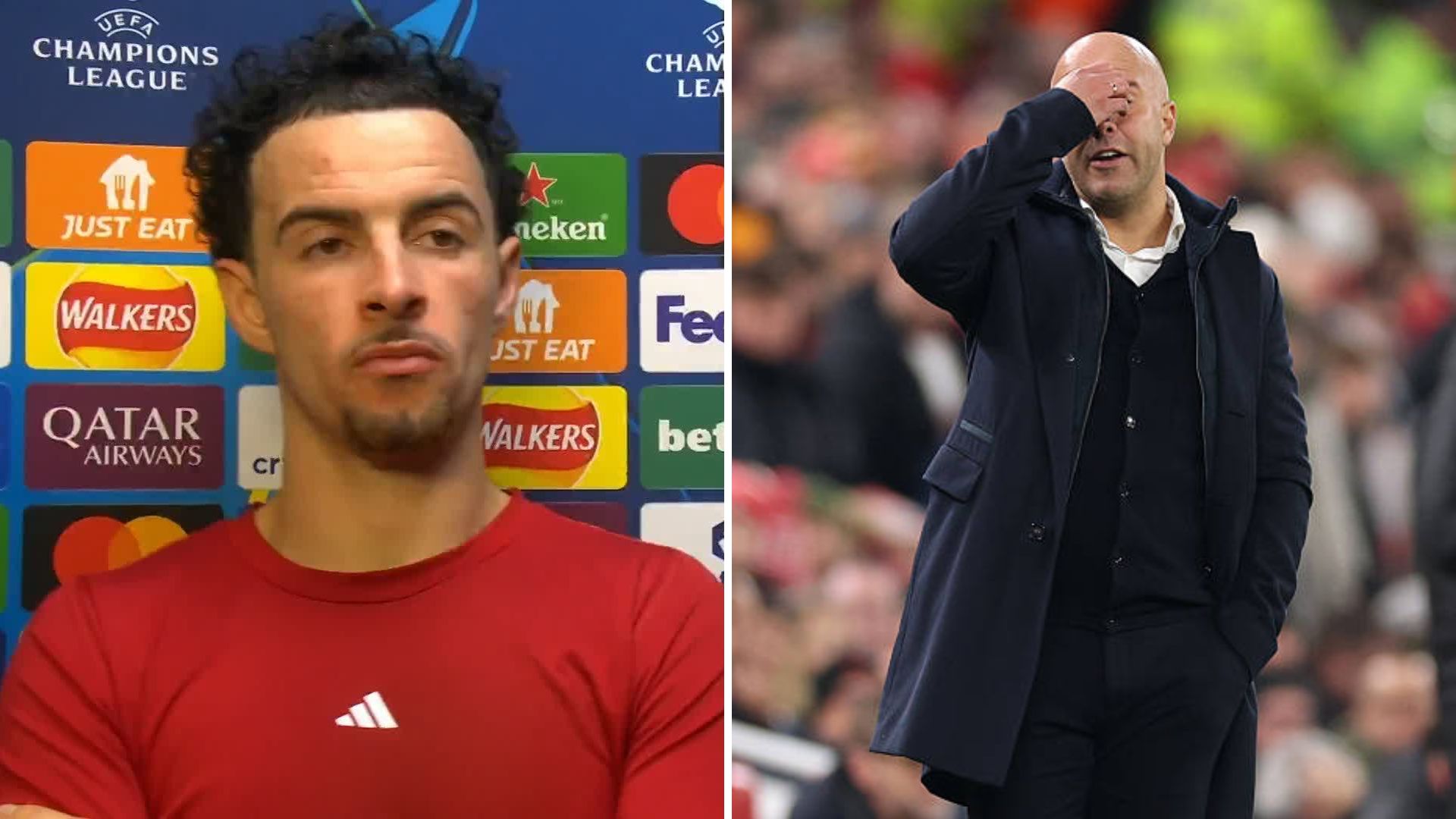
The defeat is more than just a scoreline; it’s a symptom of a deeper malaise. Liverpool’s recent form is alarming – six losses in seven league games, nine in twelve across all competitions. The defense, once a fortress, now concedes freely.
Anfield, traditionally a sanctuary, has become a place of vulnerability, with opponents scoring three or more goals in consecutive home defeats. The pressure is mounting on manager Arne Slot, whose position is increasingly precarious.
Reports had suggested the owners would grant Slot time to turn things around, but each successive defeat chips away at that patience. The club’s recent history is marked by bold decisions, and the question now is whether this latest humiliation will trigger another.
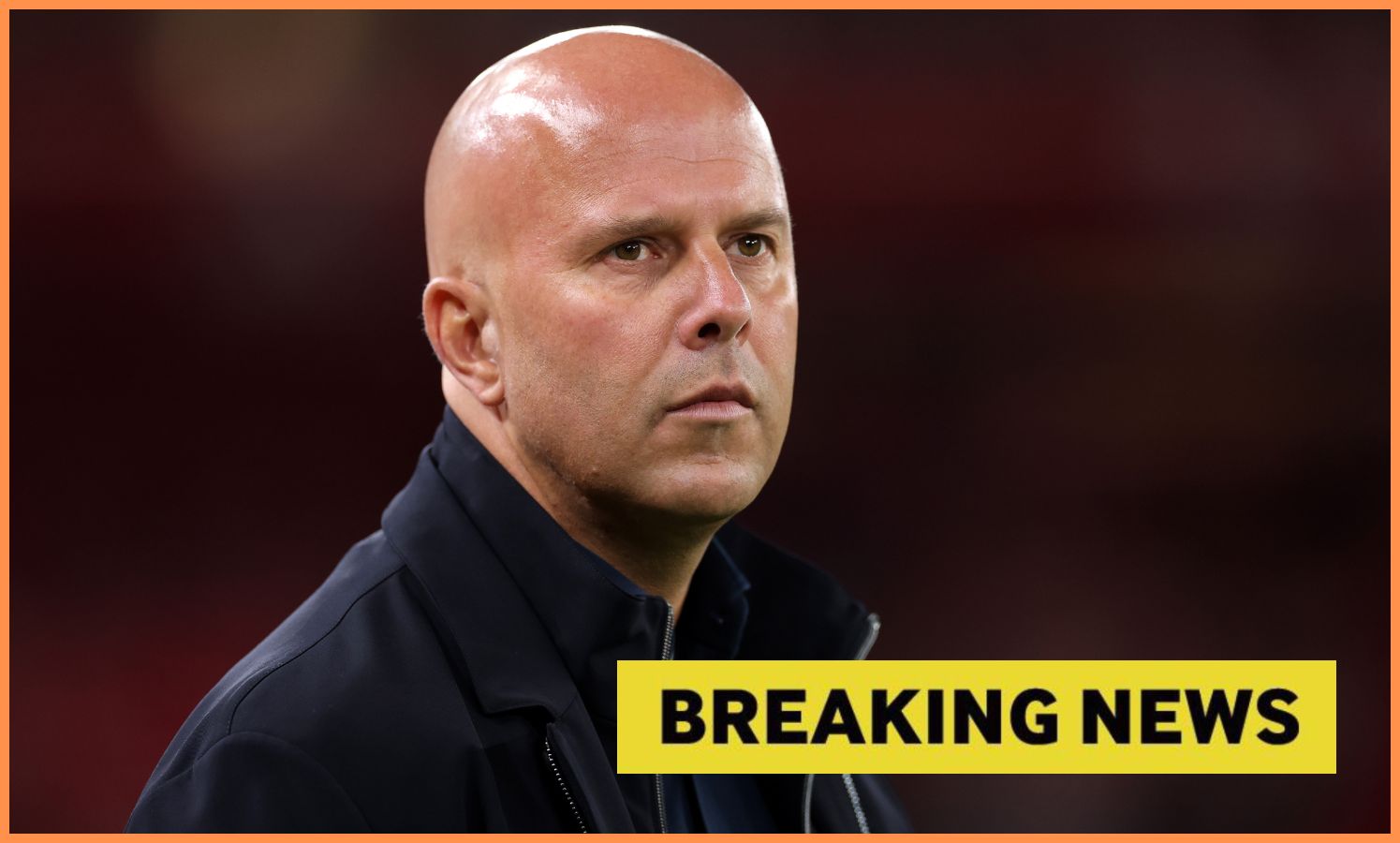
The current slide isn’t simply a bad run of form; it’s a crisis of confidence, a breakdown in fundamental principles. The team is struggling to score, conceding at an alarming rate, and lacking the resilience that defined its success. The future, once bright, now feels uncertain.
